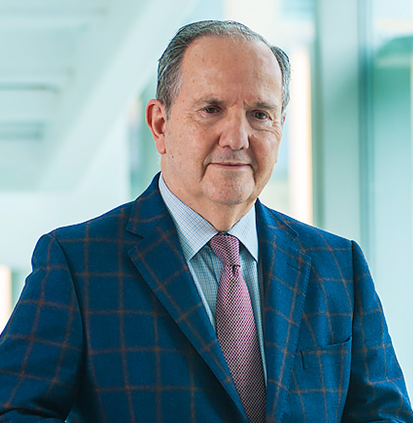Prof Juan Mendez
The center for human rights and humanitarian law is excited to share the decision made by Brazil’s highest court, the Federal Tribunal Superior de Justica (TSJ) regarding when a confession in a criminal case must be excluded from evidence and for what purpose it can be admitted if it follows the constitutional and legal procedures.
This decision by the Justice referenced our member of the Faculty Director’s Board, Prof. Juan Mendez, and quoted his book the Principles on Effective Interviews in Investigations and other information gathering. The Judge (Minister Ribeiro Dantas) in a statement indicated that “It makes sense that in a preliminary investigation not reduced to obtaining confessions, biased recognitions, and, in short, quickly pointing out the guilty party, precautions typical of so-called cognitive (or effective) interviews should be adopted. Regarding these, it is useful to bring up the so-called Méndez Principles. The name is a tribute to Juan Méndez, who, as the Special Rapporteur on Torture at the United Nations, detected that the interrogation of suspects with the objective of obtaining confessions is strongly related to torture in various justice systems”. Minister Schietti agreed with the reporter, and in his vote, he invokes the Méndez principles stating that it is necessary to replace the obsessive logic aimed at extracting confessions with a commitment to obtaining as many reliable pieces of information as possible, without focusing on the confession itself, as it would contribute to false confessions. He presented the six principles. This decision will further be passed as a law when voted and many can be beneficiary.
The “Méndez Principles” were developed under the guidance and leadership of Prof Juan Mendez. A group of experts in psychology, investigative intelligence, neuroscience, criminology, human rights, national security, and armed forces took care of its development. Additionally, the final text was the result of analyses and research, work that also involved the guidance of an Advisory Council of over 80 experts from more than 40 countries.
